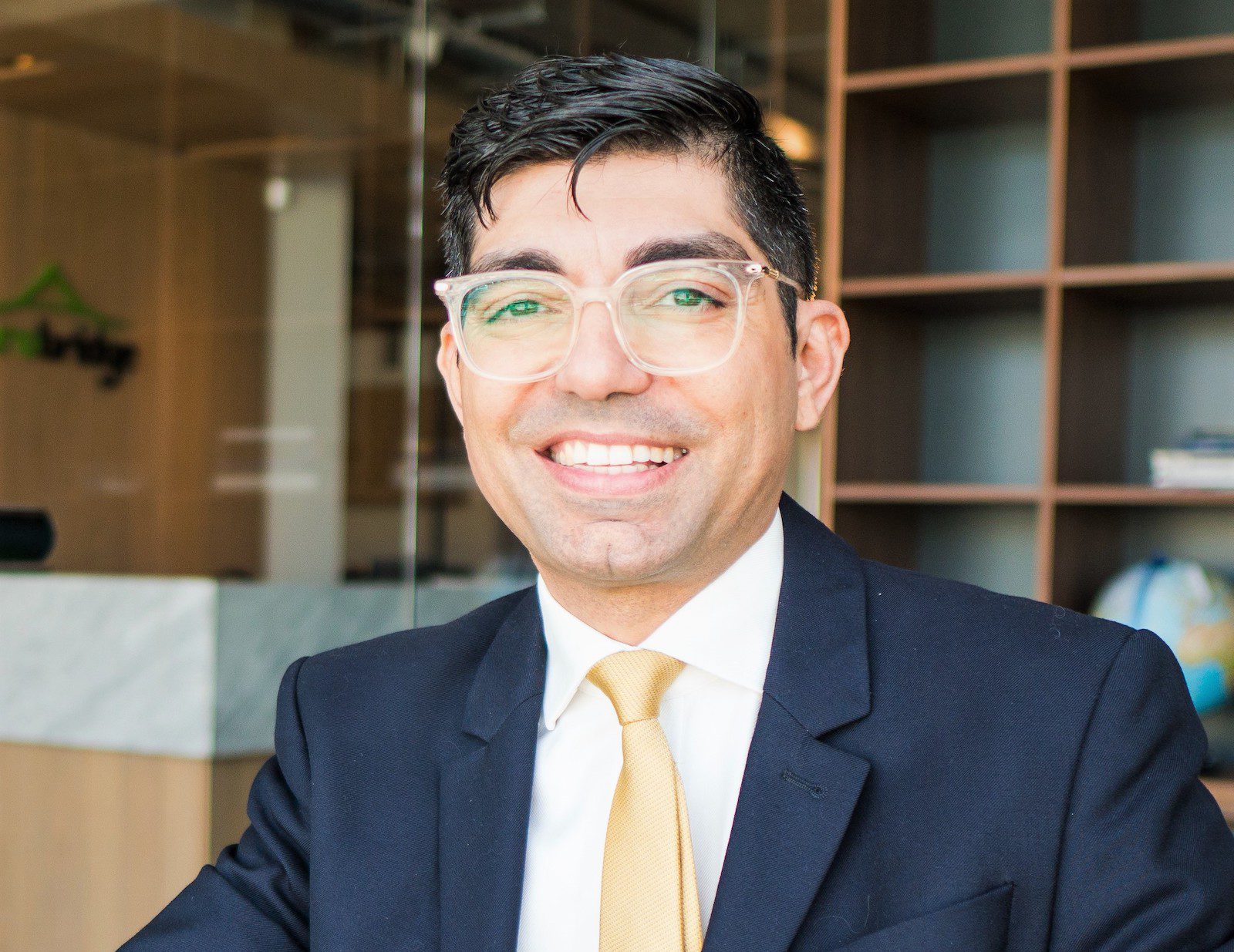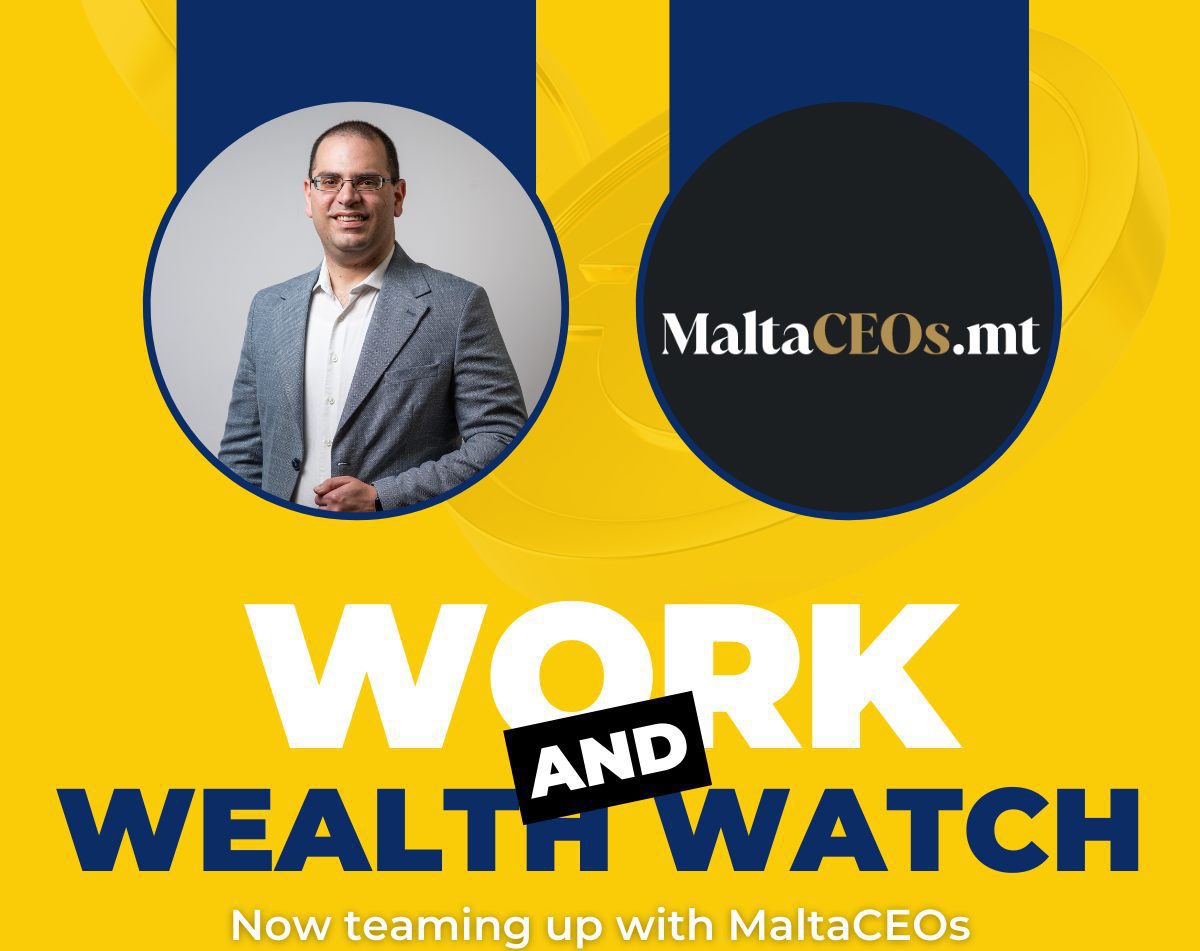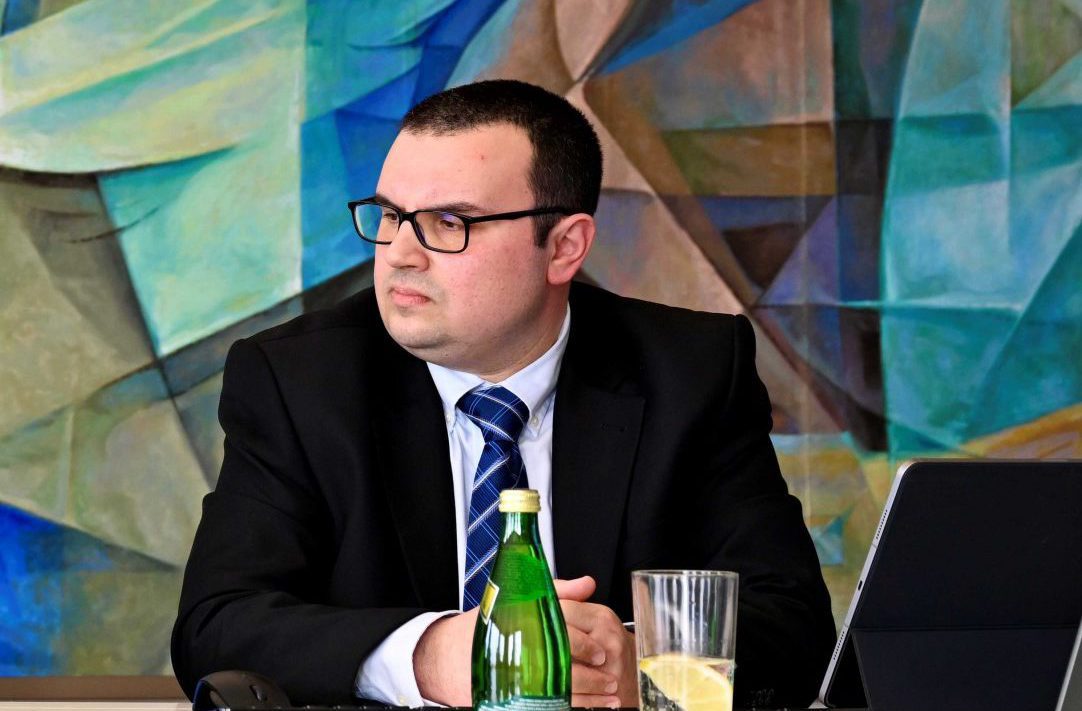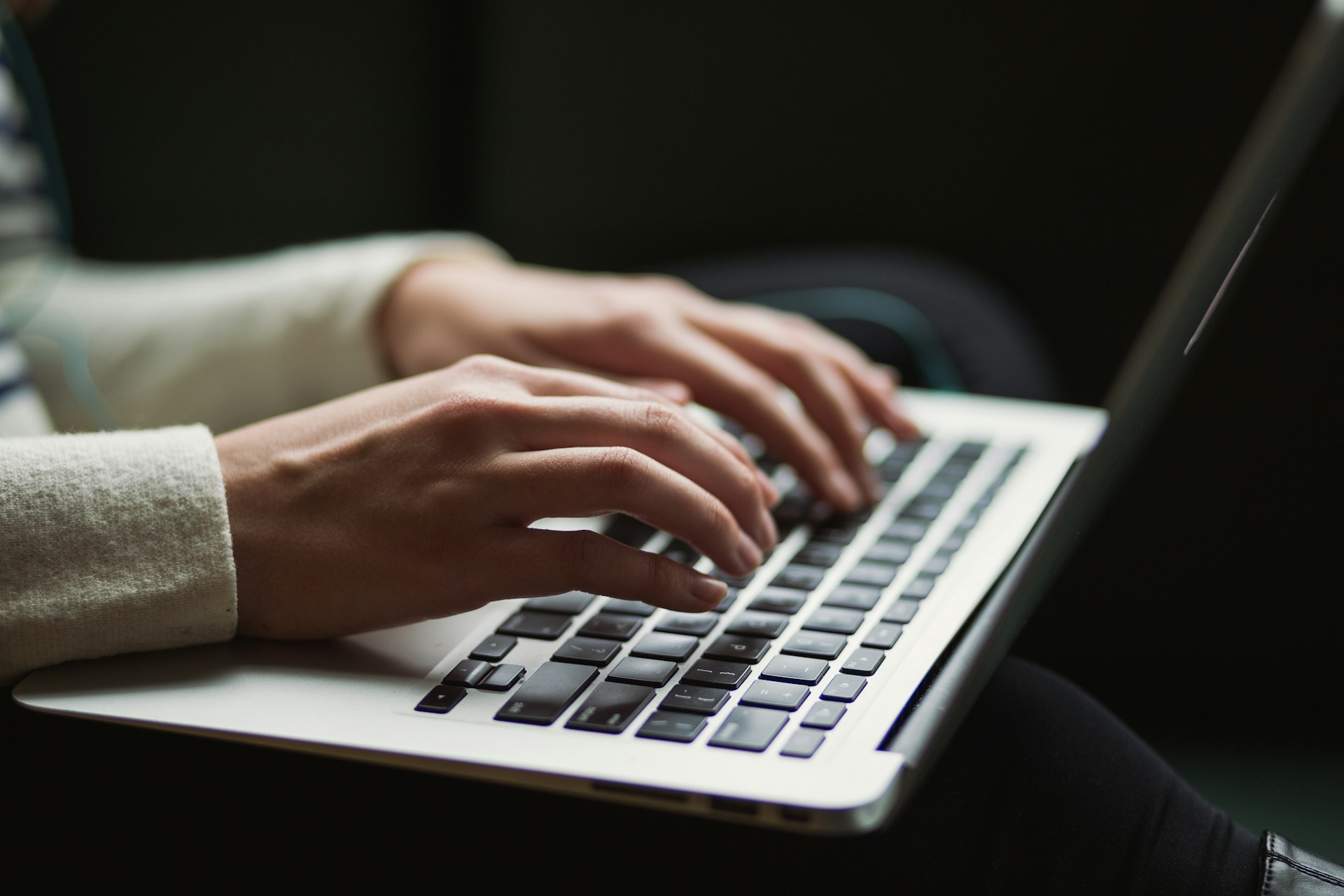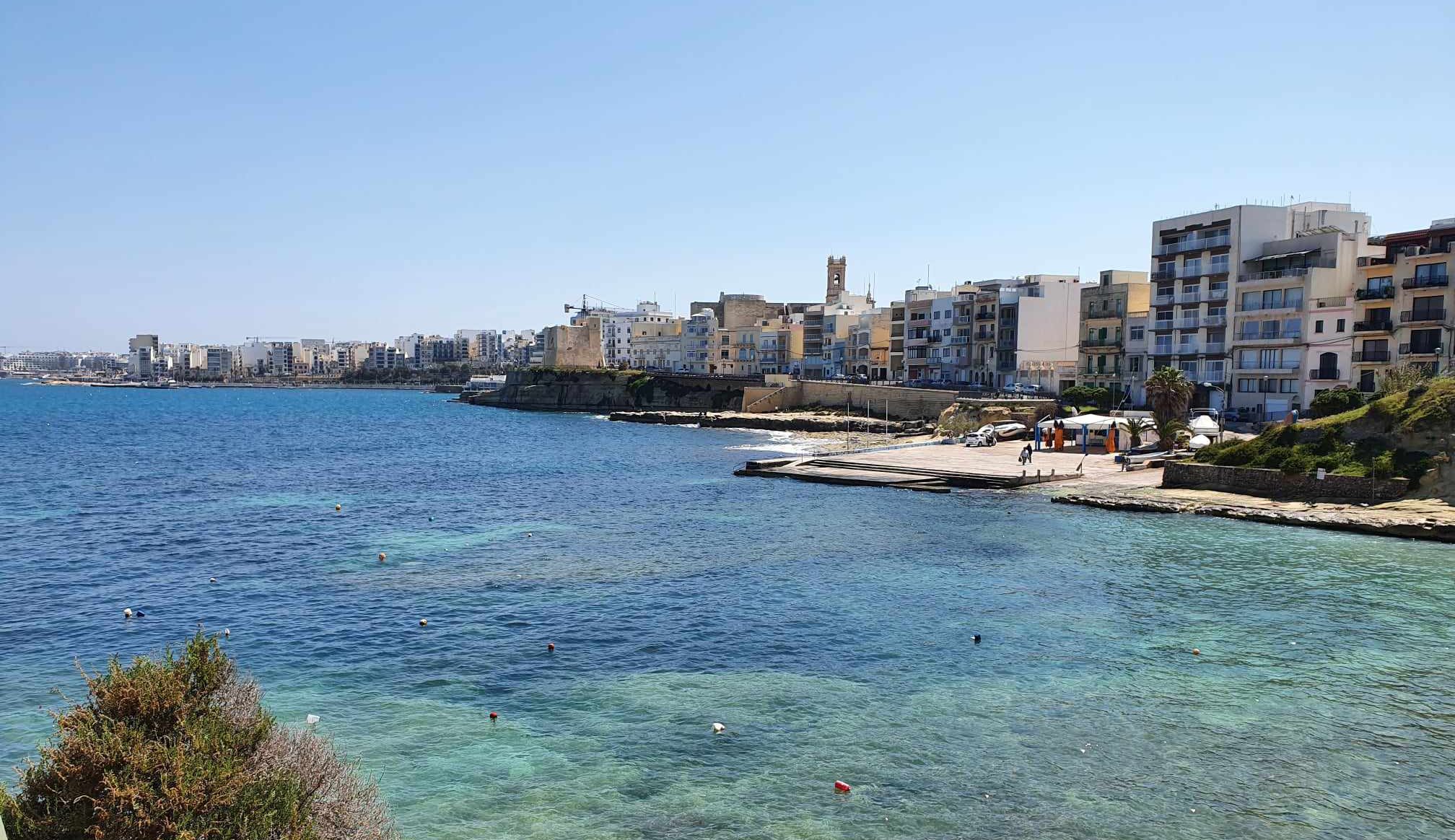When it comes to success in the corporate world, the importance of being able to focus cannot be overstated. The ability to block out distractions and concentrate on a particular task is one of the most important skills a CEO can have, especially in today’s distraction-filled world.
In this series, we look at the productivity habits of Malta’s foremost business people. Today we’re sitting down with Robert Cassar, CEO of logistics firm EuroBridge.
How has the way you work changed over the years?
On a technological basis, we see that Gen-Z are more comfortable in communicating via chat rather than email, and here at EuroBridge we have adapted to this with the use of services such as MS Teams.
With the onset of the pandemic, we all found it more comfortable to have online meetings, and this was a big change for many. However online communication can’t replace fully personal interaction. At EuroBridge we found that the best way is to have a hybrid approach to such meetings, where say once a month certain recurring meetings are done face to face on location while follow-up meetings are done online.
I think many are still wary of this change, and find the situation sometimes awkward. We all still have to learn how to use this technology better, while tech providers will continue to tweak their products.
We now are hearing and seeing tests of metaverses where teams can meet through VR in a virtual meeting space, with each of us being an avatar in this world with a virtual meeting table, whiteboard, meeting room and so forth. We’ll keep watching this space, I’m sure tech companies will be investing big on this – possibly seeing it as the next big leap – so I’m sure this will affect our workspace and the way we communicate in the next five years.
On a process perspective, we have much more data than we ever dreamed of. Before the issue was ‘not enough data’. Now we need to cut through the noise and find patterns. Data analysis a decade or two ago was quite specific to certain areas of the business such as the operational environment. Now data analysis is critical to understand the market, the team and how one can become more efficient in practically any area of business.
What are your favourite productivity/time management techniques?
I recommend having days focused on meetings and days focused on projects and execution. Meeting people, encouraging change, motivating, listening and learning from others requires a totally different mindset than focusing on a writeup, on building strategy, on analysing numbers. I find that at EuroBridge, where possible, scheduling days for meetings and others for focus assists us to build the right mindset required and create momentum on that as the day proceeds rather than feeling one has to shift from one mindset of being engaged with others to another of being ‘in the zone’ and focused on getting things done.
Another basic technique is to have a routine for the start of the day, the end of the day, the start of the week and the end of the week. More on this later.
On a different note, a simple yet very strong, productivity hack is to always end any meeting with a ‘What’s next?’ question. Simply ask, ‘OK, what’s next?’ and then minute the action to take place, and send those minutes via email so that you are sure everyone understood the same thing. This will result in a coordinated effort after the meeting to meet the objectives agreed upon.
Do you have a routine of some kind?
Yes. Routines assist us in reducing brainpower from taking the same decision over and over again and thus free us to focus on the exciting things, the beautiful things and the things that need our specific efforts.
For example, my morning routine looks something like this: As soon as I start in the morning at our EuroBridge offices, I tackle any urgent matters found in the inbox. Then I go around to say hello to the team, see who’ll be in the office or not, go through the calendar and plan for the day, and confirm the agenda.
Within 30 minutes I would have tackled urgent matters and be ready to move on in the day.
At the end of the day, one reviews any notes taken through the day and tags them in their to-do list, and also goes through the plan for the following day.
Something similar should also happen during the start and end of the week.
Routines are not the solutions for everything – actually they can have a lot of negative effects too if they are deployed in the wrong context. They can muzzle people from talking, remove opportunities for creativity, and negatively affect relationships with others. So it’s critical to have buffer times. For example, it’s great to have a robust agenda for a meeting, but it’s critical to have time before and after to wind in and out of the mindset required to go through the agenda, and have time while going from one point to another to wander a bit, to tap into any brainstorming as required.
What time of day are you at your most productive?
It depends on the context. I find that meeting people, especially external to EuroBridge such as customers and suppliers, is best done in the late morning, as it gives time for everyone to get prepared for such meetings, with ample time remaining after the meeting to take any immediate action on any points discussed. On getting things done directly, I find it best to either start early in the morning before starting the day at the office, or late afternoon. I see these spaces as the ‘output’ zones where whatever came in the ‘input timezones’ which include meetings and interactions with others during the day, one would be able to execute during these time zones.
What do you do during your breaks?
Very traditional here – I have lunch, possibly while in the company of different people from different EuroBridge teams or external contacts.
How do you get yourself out of a rut?
I find changing the environment helps a lot, as does thinking about something else. We can do this in different ways depending on the circumstances. So a walk around the office, a phone call or chat with someone who we haven’t met for a while, especially discussing business challenges and opportunities with executives from other sectors, travel, even simply taking a different route, country walks, getting into new genres of movies, music or literature which are not my typically default genres help me see new perspectives.
What’s one object/gadget/piece of tech you can’t work without?
I’m going to mention two, as with them I’m practically covered. As many would say today, first, of course, is my phone. This technology has now become an extension of ourselves, of our being. Through it we extend our memory, our knowledge, keep our day planned, and keep connected.
Apart from the phone, my ever-enduring moleskin notebook/vade mecum, and pen. On the latter I’m always scribbling ideas as they come through – minutes from meetings, calculations, anything. I try to scribble everything I need on this one notebook as it remains a reference to me. I see myself as tech-savvy but up till now, I haven’t managed to replace the classic pen and paper with technology altogether. I do have some good voice recording and task taking apps on my phone, but I still find the freedom a pen gives you to write, scribble, doodle and draw is still not fully emulated on devices. I tried many a time to shift to an electronic version, but to date I haven’t found a good replacement.
However, I don’t think we’re far off. In the past three or so years a number of niche tech companies have been working to specifically design and create such pen-and-paper replacing gadgets, with I must say are producing decent results. There’s a big shift happening right now, as with the onset of AI in this technology, such devices will soon start understanding more and more our handwriting, of whatever quality it is, our shorthand and doodles and translate that to a digital format. Now that would really sound the death knell to the classic notebook! I predict I’ll be able to shift completely to such a medium not far off in the future.
Balancing higher income and job satisfaction: A request for financial and career advice
An Anxious Project Manager is at a crossroads, having secured a considerable raise but must also contend with a boss ...
Kevin Cardona named new BOV Chief Financial Officer
He succeeds Izabela Banas, who left the bank last February.
Change main feature of 2023, more expected in 2024 – Harvest Technology Chairman Keith Busuttil
During 2023, Harvest Technology registered a 60.3% decrease in pre-tax profit, after contract delays and provision charges.
Soaring demand for property in St Paul’s Bay not likely to be replicated elsewhere – RE/MAX CCO
He says RE/MAX has called for clarification on NSO data, given that in statistics, Buġibba, Burmarrad, Qawra, and Xemxija are ...


